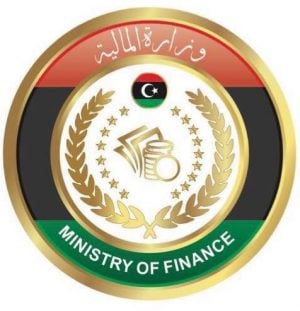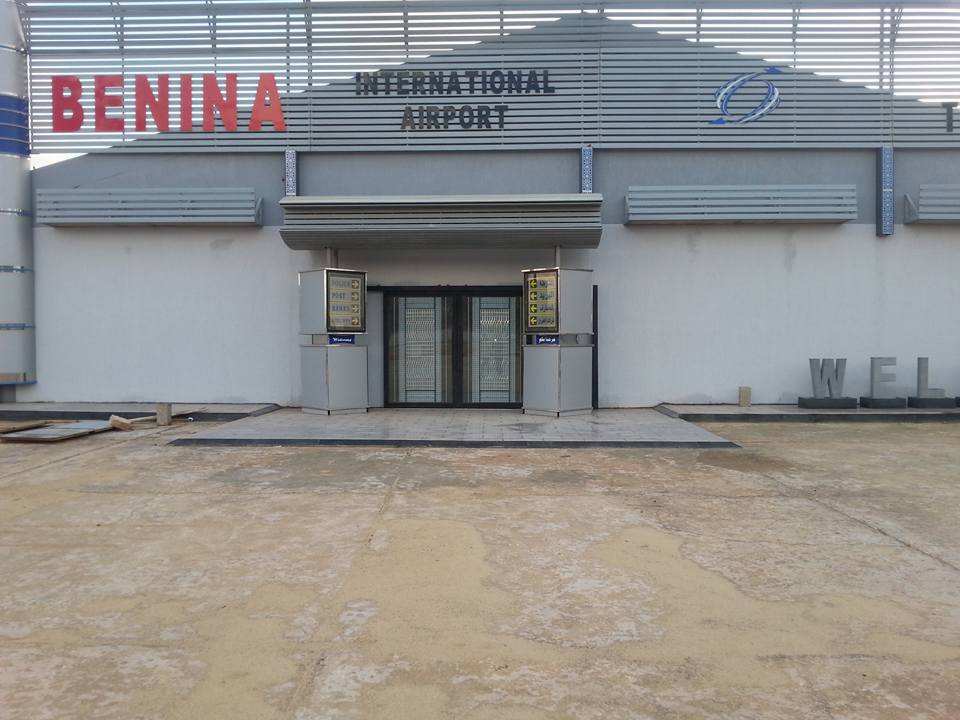By Sami Zaptia.

London, 6 April 2017:
The Tripoli-based Ministry of Finance of the Faiez Serraj Government of National Accord (GNA) has reported that state revenues were down by 30 percent in the first quarter of 2017.
Releasing a statement and statistics for Q1 of the Temporary Financial Arrangements (budget) as per the Libyan Political Agreement for the period 1/1/17 to 27/3/17, the Ministry of Finance (MoF) confirmed the dire straits the Libyan economy finds itself in.
Despite the quite conservative budget that the Serraj GNA set for itself in 2017, all its eight forecast revenue streams failed to come in on target. The best performing revenue stream, taxation, came in at 23 percent below target.
The most vital revenue stream, oil and gas, came in at 44 percent below the projected target for the budget. The MoF blamed this on ‘‘instability and lack of security in the production areas’’.
| Revenue source | Shortfall | |
| 1 | Oil | 44 % |
| 2 | Tax | 23 % |
| 3 | Customs duties | 58 % |
| 4 | Public services charges | 42 % |
| 5 | Telecommunications | 100 % |
| 6 | CBL profits | 100 % |
| 7 | Local fuel sales | 78% |
| 8 | Unspent government ministry balances | 100 % |
Source: GNA Ministry of Finance
Moreover, three state revenue streams, telecommunications, CBL profits and the balances from government ministries produced zero revenues for the state treasury.
The telecommunications sector usually creates revenues for the state in the hundreds of millions of dinars. Indeed, it is unclear why the state-owned mobile phone companies Al-Madar and Libyana have failed to return revenues since these are profit-making operations.
Another worrying entity that has failed to fully deposit its takings with the central treasury account is the National Oil Corporation. It has only returned 78 percent of its local fuel sale revenues. Again, sales of fuels have continued to increase. The failure to return these revenues is all the more worrying in view of the huge subsidy these fuels receive. Libya has a deficit in fuel production and is forced to import fuel with its fast diminishing hard currency reserves.
The MoF has blamed the fall in tax revenues on the ‘‘contraction of economic activity and stoppage of development projects.’’







